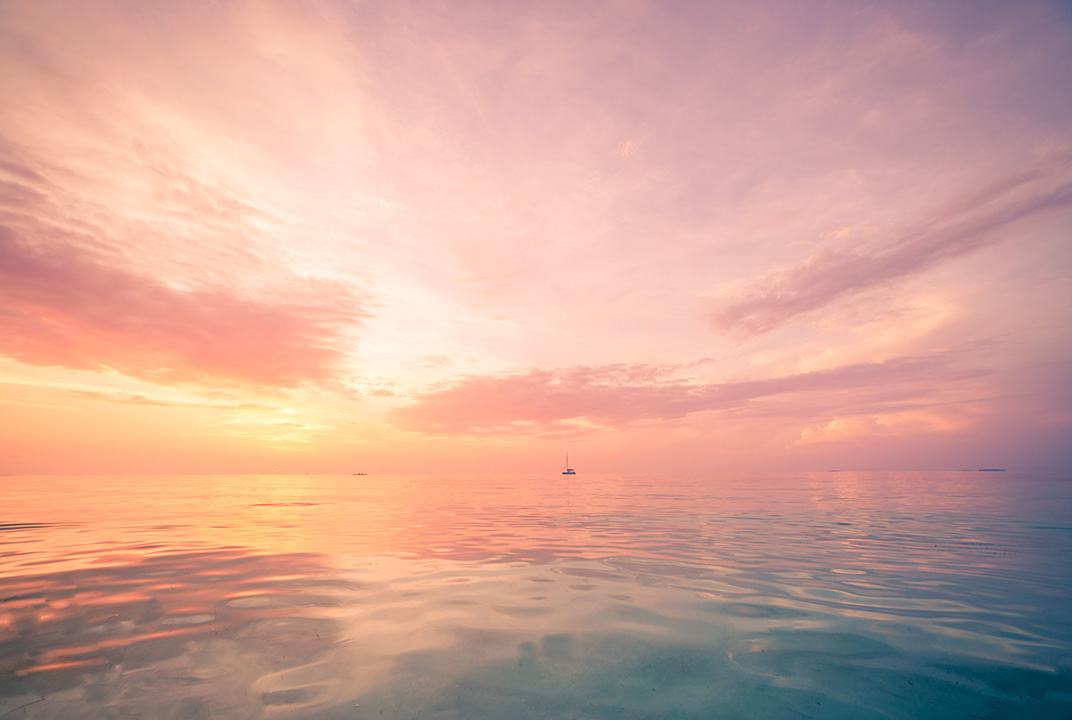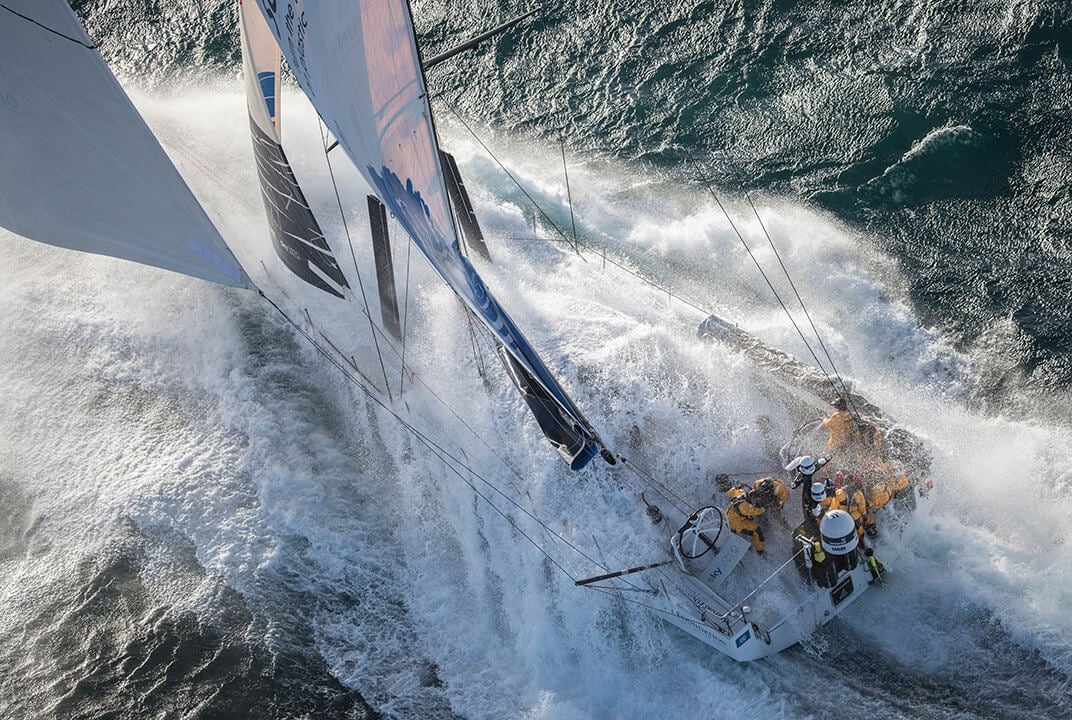Insight | Why is a Chinese Banquet like the Volvo Ocean Race?
Why is a Chinese Banquet like the Volvo Ocean Race?
null
China is different. Powerful, exciting but different.
This came to me as I enjoyed dinner with some of our key business partners who joined us in Sanya for the Volvo Ocean Race before the boats docked-out for their next leg to New Zealand.
Even the humble cucumber is different. Ok so I misheard. That can happen. They meant “Sea Cucumber” which is a great delicacy and exceptionally good for your heart.
As the evening wore on, I decided that a Chinese business banquet is not unlike the Volvo Ocean Race. Each leg, or course, has its own twists and turns. Some are plain sailing. Others require courage and fortitude. And each will have its own special memory for those who take part.
To hardened business travel professionals like Inmarsat CEO Rupert Pearce and James Tucker, Inmarsat VP Sales, Enterprise, each course represents a known challenge and they have the techniques to handle the most demanding circumstances. But to newbies like me, each is a fantastic learning experience and the fact is that as a Championship sailor, I am always going to feel more at home on a race yacht, battling the elements, than tackling a Chinese banquet.
The fleet of six Volvo Ocean Race boats, each costing €5.5m is now on Leg 4 of the Volvo Ocean Race, a 6,000 nautical mile journey to Auckland, New Zealand. They are pounding along through short steep waves, on the edge of a typhoon with just a handful of miles separating them all. The eight crew members will try to sleep in a 65 foot boat heeling at around 25 degrees with dried food, a water maker and two hour watch/sleep patterns. The noise inside is ear-damaging. Their sole link for safety and sanity remains our Inmarsat satellite communications network.
We have already helped save the lives of the crew on Team Vestas Wind, whose boat was wrecked off Mauritius and we stand ready to help again as Race Partners. We are at the heart of this race.
Even more exciting is what the future of race communications could be when our $1.6 billion high-speed broadband Global Xpress (GX) network achieves worldwide coverage, expected early in the second half of 2015. Following our successful launch of the second of three satellites in the GX fleet – Inmarsat-5 F2 – on 1 February, we are one step closer to revolutionising the way people interact with one another.
And this could impact on the storytelling of the Volvo Ocean Race in a way never seen before. Today we’re using 0.5MB/S capability on our FleetBroadband service used by the boats. As we move to GX that will offer up 50MB/S.
If the terminals and equipment can be developed in time for the next edition of the race, then we’ll be able to see constant streaming in the same way as you see in Formula 1 race cars. Imagine if you will that you can not only monitor the crew and what they’re saying but also their heart rate, their health conditions, their sails, the loading of the rig, the tension, the constant speeds, the trim angles. You will effectively be sitting on the boat with everyone else. It’s that real-time, real experience that everybody really wants – and it could be accessed by race fans around the world.
But in the meantime, as we prepare for our trip to Auckland to spend time with our customers, business and Volvo partners, I am already looking forward to seeing what the Kiwis have in store for my next business banquet – but I’m sure nothing will they serve will top the sea cucumber!
About the author
Chris McLaughlin joined Inmarsat in 2004 and is Senior Vice President, External Affairs and Marcoms, operating both an in-house team and a global network of communications agencies. Chris has been an industry representative on two government committees and is very active in presenting space industry issues to Government and to the public. Chris began his PR career with Sony Europe’s PR agency and has since worked on numerous technology and business-related communications issues. His broadcast experience includes roles at British Satellite Broadcasting, Carlton Television; the ITV Network Centre and BBC Worldwide. Chris has enjoyed an international career, working for Visa Europe and Philip Morris International, Switzerland, for youth anti-smoking initiatives, regulatory issue responses and attitudinal research in 33 countries. A graduate of The London School of Economics, he was awarded a Research Fellowship by the United Nations University. Chris represented Great Britain in the Olympic 470 dinghy class for 12 years and has won multiple National and International sailing titles. Currently campaigning in the J24 One-Design class, he is a seven-time European champion and has placed top three in the Worlds. He promises to hang up his boots if he wins the J24 Worlds in Germany in 2015.


